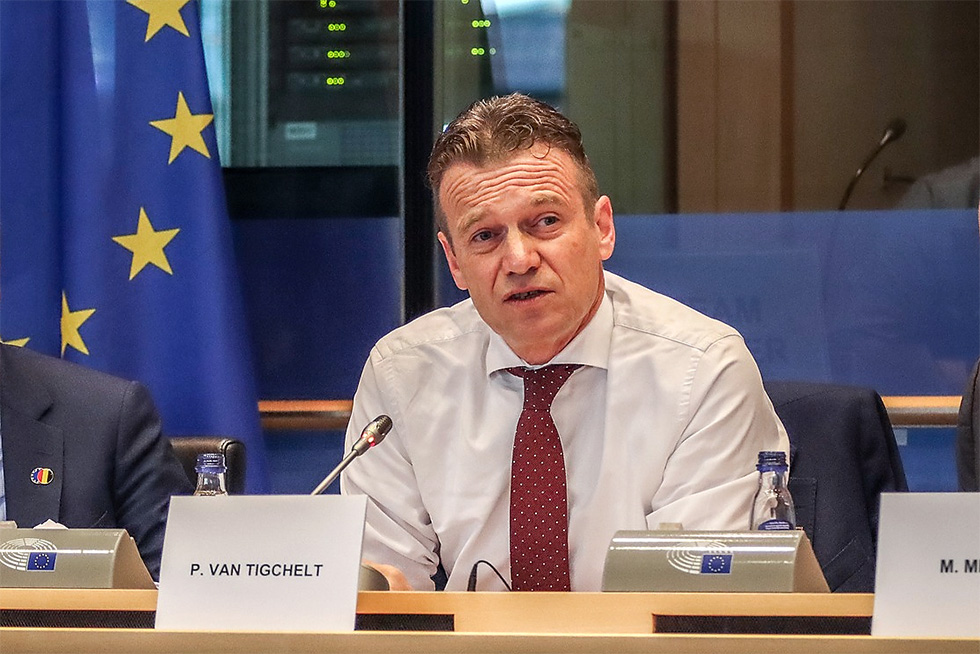“There are spies everywhere in Brussels,” said Belgian Justice Minister Paul Van Tighelt. He warned in an interview that scandals such as Qatargate and Chinagate are just the tip of the spy iceberg in the Belgian capital, Politico reports.
Van Tighelt is currently chairing meetings of EU justice ministers as Belgium holds the presidency of the EU Council.

Therefore, Brussels is home not only to EU and NATO institutions, but also to about 100 other international organisations and about 300 foreign diplomatic missions.
According to Van Tigchelt, Belgian spies who are responsible for the security of these European and NATO organisations are increasingly facing Russian hostility, Chinese espionage and the return of hard-line geopolitics.
“It is said that espionage is the second-oldest profession in the world,” added the Belgian Minister of Justice.
That is why, in his opinion, European coordination is key and must be constantly improved.
In the coming weeks, the Belgian parliament is expected to approve new rules that will simplify the punishment of those caught in espionage. The current regulations date back to the 1930s and do not classify espionage as a crime.
While Belgium’s espionage laws will become stricter, proving espionage in front of a judge remains difficult, as classified information often cannot be used in open court, Van Tighelt warned.
To create a truly hostile working environment for spies, Belgium should discuss a shift from defensive counterintelligence to offensive methods, Van Tigchelt said.
Belgium has recently dealt with several high-profile spy scandals. This includes Qatargate, in which suspects linked to the European Parliament allegedly accepted money or gifts in exchange for carrying out orders from Qatar.
Morocco and Mauritania were also suspected of involvement in cash for influence in the EU Parliament.
Chinagate, centred on Frank Kreyelman of the far-right Vlaams Belang party, also became a high-profile case. Kreyelman, who came under criticism in December after chats between him and a Chinese spy were leaked, is said to have influenced Belgian politics in exchange for bribes for more than three years.
There are other potential threats as well, as 2024 will be a key year when Belgium and the EU are going to elections.
In total, Belgium has expelled 41 Russian diplomats on espionage charges.
“Russia has not just invaded Ukraine, but is also engaged in a hybrid war… also here in Europe.”
Because of the espionage threats, the Belgian government has doubled the number of state security officers to about 1,000. It has also partially shifted its priority from counter-terrorism – following the 2015 and 2016 attacks in Paris and Brussels – to counter-intelligence. Belgium has also invested in liaison officers in Washington, The Hague and Morocco.
Source: The Gaze







